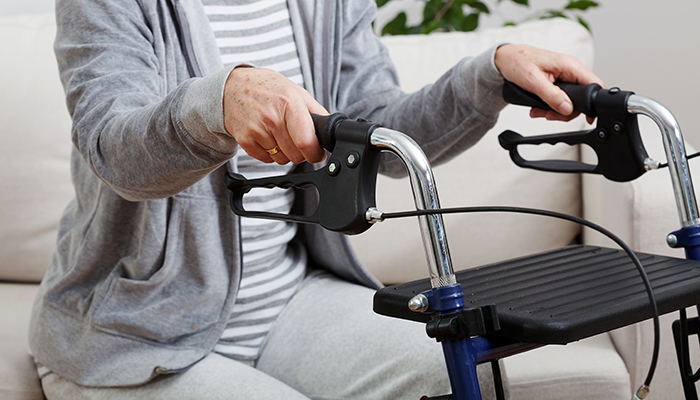
Many people need specialized equipment in order to handle a serious injury or chronic condition. Examples include walkers, wheelchairs, blood sugar monitors, infusion pumps, CPAPs for sleep apnea, and hospital beds.
If the equipment will be needed for a long time, it may qualify as “durable medical equipment” (DME). And Medicare may pay for it. There are quite a few rules and restrictions. Check Medicare’s list before you buy!
To qualify under Medicare, durable medical equipment must be
- prescribed by a doctor who is enrolled in Medicare;
- used to treat or manage a qualifying medical problem or condition (your loved one’s diagnoses determine whether the equipment is “medically necessary”);
- meant to last at least three years (is “durable”); and
- used at home (whether that is a house or apartment, or in a facility).
It is important to choose DME carefully. You need to ensure the equipment will truly meet your loved one’s needs, now and in the foreseeable future. Ask the doctor (or discharge planner at a facility) for a home assessment by a physical or occupational therapist. This gives you the opportunity for guidance on issues such as
- space in the home. One model may work better than another.
- ease of use. Who will be operating the equipment? Is Dad mentally sharp enough to learn how? What must be done in the case of a power failure?
- being strategic about cost. Before ordering equipment, be sure you understand the rules. For example, Medicare will pay for ONE mobility device every five years. Better they pay for a wheelchair and you buy the less expensive shower chair or walker. Medicare won’t pay for both.
As with all Medicare Part B charges, the patient will be responsible for a copay. And make sure the DME supplier accepts Medicare. Otherwise, you’ll be footing the whole bill!

